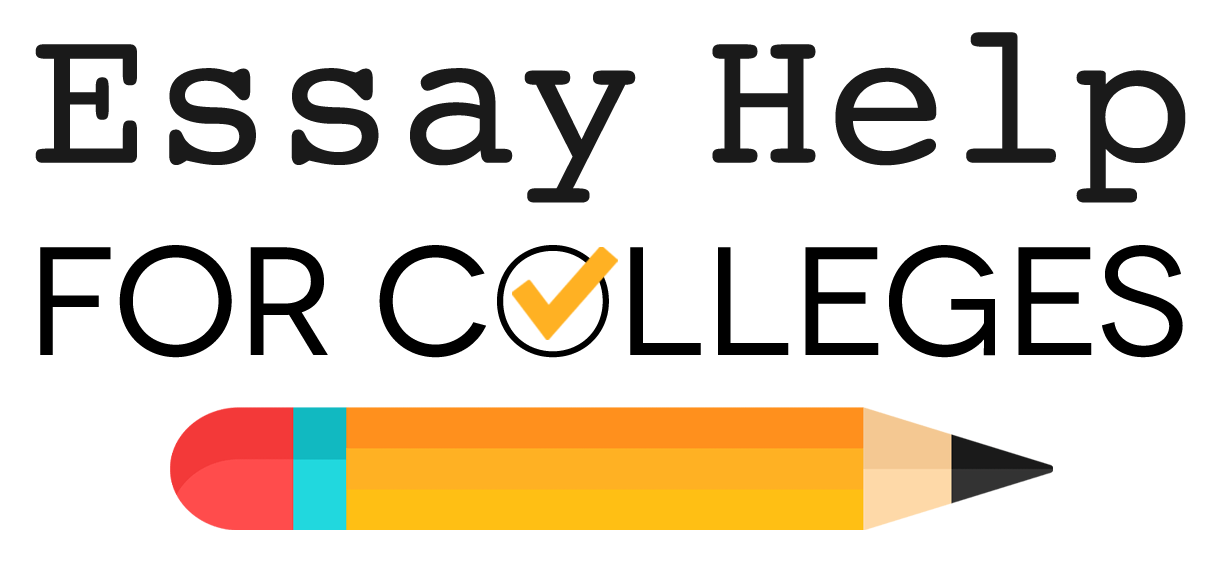When applying to college, you are bound to come across unfamiliar terms. Below is a list of some common terms you may hear in your college admissions decision letters.

Deferred Admission is permission from a college that has accepted you to postpone enrolling, usually for up to one year.
Early Action (EA) is the option to submit your applications before the regular deadlines. When you apply EA, you get admission decisions from colleges earlier than usual. EA plans are not binding, which means that you do not have to enroll in a college if you are accepted. Some colleges have an option called EA II, which has a later application deadline than their regular EA plan. Receiving an early acceptance during your senior year reduces stress and may shorten your college list. The downside? You may get bad news during your senior year before you get any good news. However, this can be important feedback! You may have overestimated your chances of being admitted to colleges on your list and you may need to make adjustments. Finding this out earlier is certainly better than finding out later.
Early Decision (ED) is an option to submit an application to your first-choice college before the regular deadlines. When you apply ED, you receive an admission decision earlier than usual. Early Decisions are binding, meaning you agree to enroll in the college immediately if admitted and offered a financial aid package that meets your needs. Some colleges have an Early Decision option called ED II, which has a later application deadline than their regular ED plan. The best candidates for Early Decision are students who are totally in love with a particular college, have done their research, and can name at least five clear and specific reasons why they’ve found their perfect college match.
Restrictive Early Action (REA) is similar to Early Action in that it’s also nonbinding, but colleges that offer REA do not want you to apply to any other binding programs at the same time. EA, ED, and REA applications are typically due in November. Important: REA means students cannot apply ED/EA to any other schools except to state universities. This allows families to hear back from lower-tuition public schools and also gives students leeway to consider several EA offers.
Open Admission is a policy of accepting any high school graduate, no matter what their grades are until all spaces in the incoming classes are filled. Almost all two-year community colleges have an Open Admission policy; however, a college with a general Open Admission policy may have admission requirements for certain programs.
Rolling Admission is an admission policy of considering each application as soon as all required information (such as high school records and test scores) has been received rather than setting an application deadline and reviewing all applications in a batch after that deadline. Colleges that use a rolling admission policy will typically notify applicants of decisions quickly.
Universal College Application is a standard application form accepted by all colleges that are Universal College Application members. You can fill out this application once and submit it to any of the more than 3,000 colleges that accept it.
Waitlist is the list of applicants who may be admitted to a college if space becomes available. Colleges wait to hear if all the students they accepted decide to attend. If accepted students choose not to enroll, colleges may fill their spots with students who are on the waitlist.
Articulation Agreement is an agreement between two-year and four-year colleges that make it easier to transfer credits between them. This agreement spells out which courses count toward degree credit and what grades are needed to receive credit.
Legacy Applicant is a college applicant with a relative (usually a parent or grandparent) who graduated from the college they are applying to. Some colleges give preference to Legacy Applicants (also called Legacies).
Need-Blind Admission is a policy of making admission decisions without considering the financial circumstances of applicants. Colleges that use this policy may not offer enough financial aid to meet a student’s needs.
Candidates Reply Date Agreement (CRDA) is an agreement many colleges follow that gives applicants until May 1st to accept or decline offers of admission. This agreement gives applicants time to receive responses from most of the colleges they’ve applied to before deciding on one.
Priority Date/Deadline is the date by which your application, whether it is for college admission, student housing, or financial aid, must be received to be given the strongest consideration.
